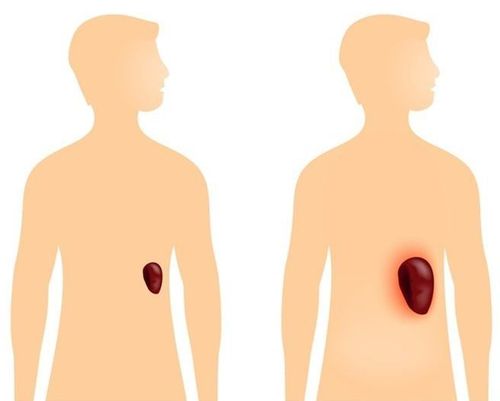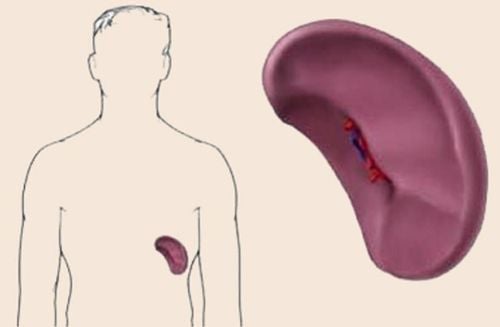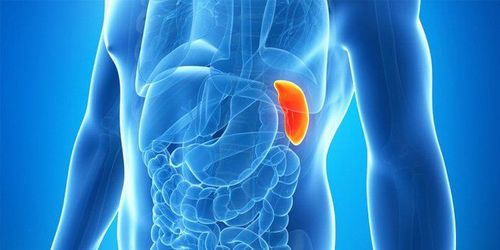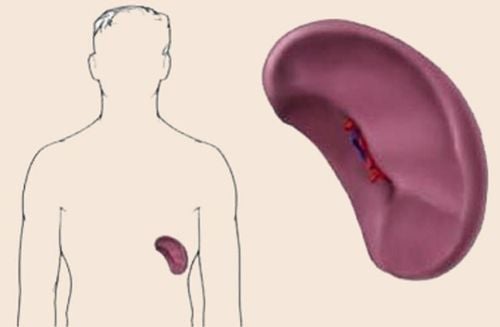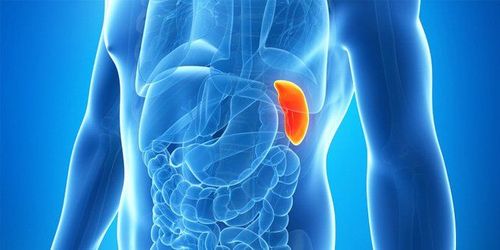This is an automatically translated article.
Currently, laparoscopic splenectomy has many advantages over traditional open splenectomy, such as: Avoiding large incisions, less blood loss, and less postoperative pain.
1. What is laparoscopic splenectomy?
Laparoscopic splenectomy is a form of laparoscopic surgery to remove the spleen from the body.
Laparoscopic surgery offers many outstanding advantages (such as high safety, less postoperative pain, small wound, long hospital stay and recovery time,...), surgery. Laparoscopic splenectomy is increasingly popular and applied in cases with appropriate indications.

Phẫu thuật nội soi giúp bệnh nhân nhanh chóng hồi phục
2. In what cases is laparoscopic splenectomy performed?
The spleen is a large organ located in the left upper quadrant of the abdomen that is important for red blood cells and the immune system. Understanding the role of the spleen in the human body, new treatment methods, and the advancement of surgical techniques have made the current indications for splenectomy significantly change.
Common indications of splenectomy include:
Some splenic trauma, rupture of the spleen, damage to the main blood vessel of the spleen. Spleen too big. Some hematological diseases: Small red blood cell disease, some forms of thrombocytopenic purpura, immune treatment does not respond, malignancy,... Treatment of other diseases: Liver disease, splenectomy accompanying in gastric surgery,...
3. Possible risks and complications for laparoscopic splenectomy?
Like all other surgical surgeries, laparoscopic splenectomy has certain complications and risks when performed, namely:
Injury to nearby organs and blood vessels during surgery. Bleeding after surgery. Infection after surgery.
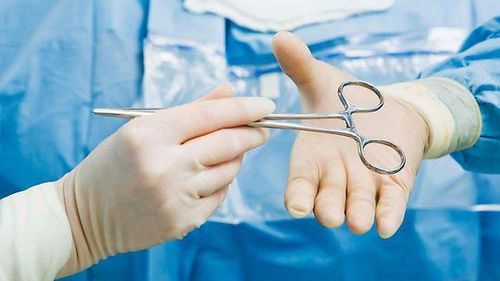
Nội soi cắt lách có thể gây tổn thương các cơ quan lân cận
4. After laparoscopic splenectomy, how should the patient be monitored and cared for?
After laparoscopic splenectomy, the patient only needs to be monitored and cared for like a normal laparoscopic surgery patient (except in special cases), namely:
Monitor vital signs of birth survival, monitoring of complications of anesthesia. Monitor for signs of postoperative bleeding and signs of infection. Change dressings, take care of wounds. Take antibiotics after surgery, take pain relievers and other drugs (if any) as prescribed by your doctor. Follow your doctor's other instructions. Recovery time varies from patient to patient, but it usually takes 4 to 6 weeks to fully recover.
To register for examination and treatment at Vinmec International General Hospital, you can contact Vinmec Health System nationwide, or register online HERE.




